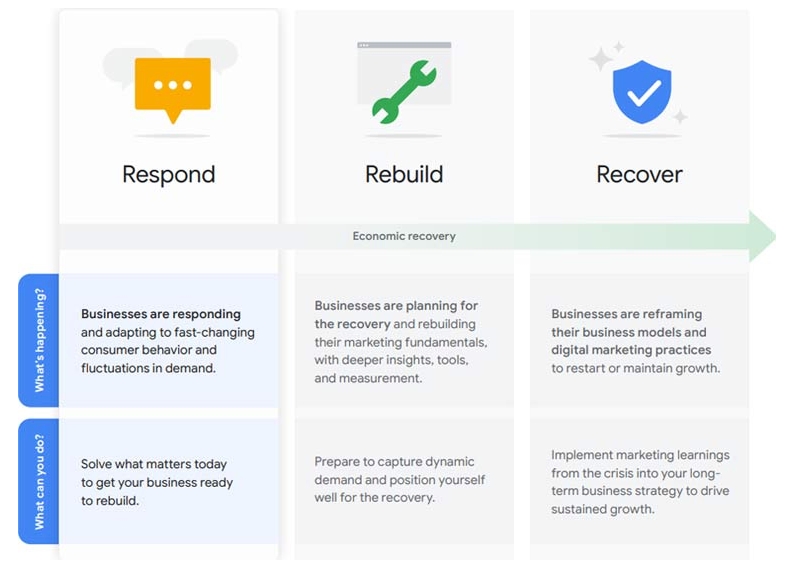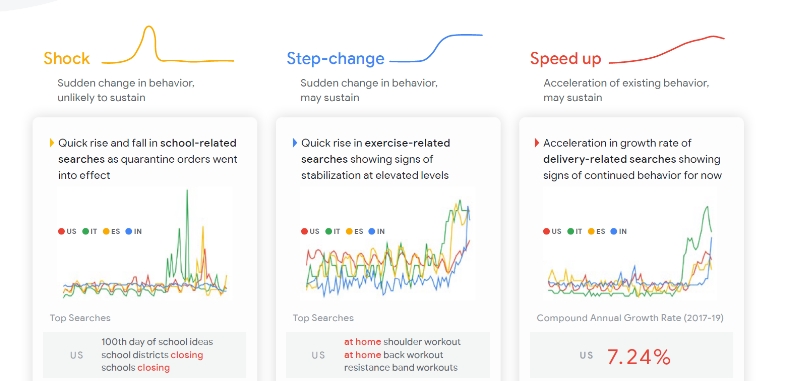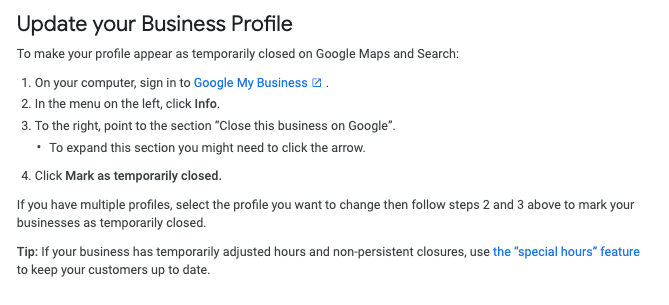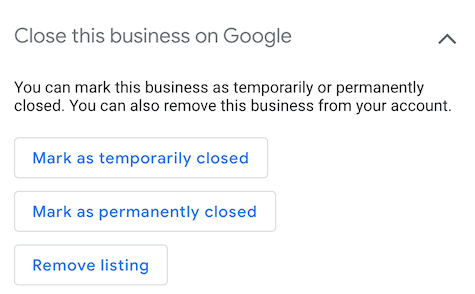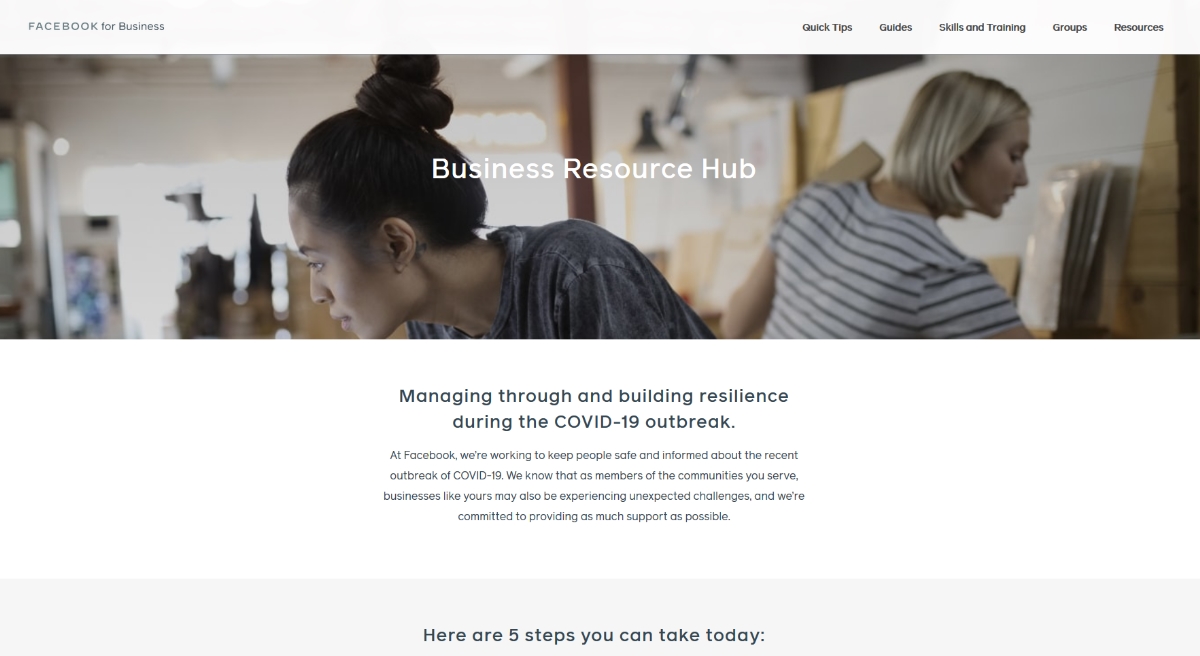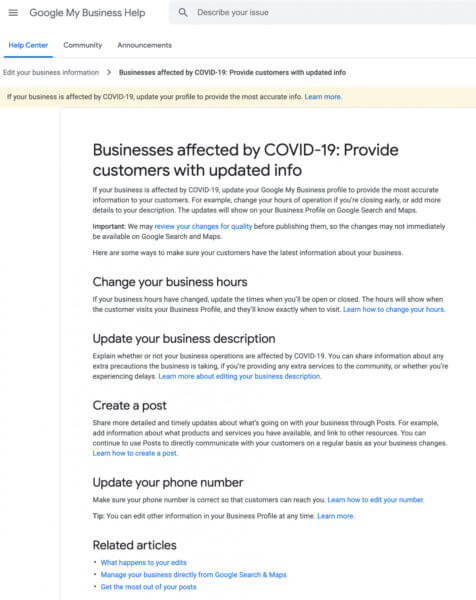Following the appearance of COVID-19 in America in March, Facebook put in place a number of restrictions which entirely banned the sale of face masks. Now, as most states are reopening and chances of a medical supply shortage are lessening, the company is relaxing some of these rules on non-medical face masks.
Why Non-Medical Face Masks
While medical professions are still seeing a limited supply of face masks, demand for KN95 or other medical-grade masks has fallen. Instead, many are opting for cloth coverings which are considered acceptable by many health experts.
This has created an increased demand for these non-medical face masks while reducing the overall demand for non-medical masks.
Medical Masks Vs. Non-Medical Masks
Under these newly relaxed guidelines, advertisers can now start selling non-medical masks. According to facebook, these include masks which are:
- Non-medical grade
- Not promoted with medical or health claims
- Handmade or fabric masks
- Designed to be reusable
- Made of refashioned materials
Phased In Restrictions
To prevent a tidal wave of advertisers all trying to sell face masks en mass or an increase in bad actors, Facebook is lifting the ban in phases. For now, advertisers wishing to promote their masks will have to meet a few specific requirements:
- Advertisers must be in good standing with Facebook ads, having no violations or disabled ads due to policy violations
- Ad accounts must have an advertising history of at least 4 months. This means those who created an ad account a year ago but have not used it would not be eligible, while those who have been running ads for at least 4 months will be.
- Ad accounts cannot be from a country with unusually high rates of ad policy violations for selling masks during the bad, including Cameroon, China, Indonesia, Israel, Kazakhstan, Malaysia, Thailand, Turkey, Ukraine, and Vietnam.
What Can Be In The Ads
Additionally, Facebook is still mandating a few restrictions to ensure that advertisers only promote non-medical masks.
For instance, absolutely no medical or health claims can be made in the ad, including the mention of disease prevention or protection of the respiratory system.
Any mention of community benefits of wearing masks can not include health mentions or overstate the benefits of masks.
To give an idea what this looks like in practice, Facebook provided an example in their policy guidance:
“‘We’ve pivoted our business to making masks to help keep our community healthy’ would be allowed, but stating ‘We’re stopping the spread of COVID-19 by making masks’ would not be allowed.”
Facebook Policy
Notably, while Facebook is reducing the restrictions on masks, they are still banning ads promoting hand sanitizers, surface wipes, COVID-19 test kits, and other related medical products.

